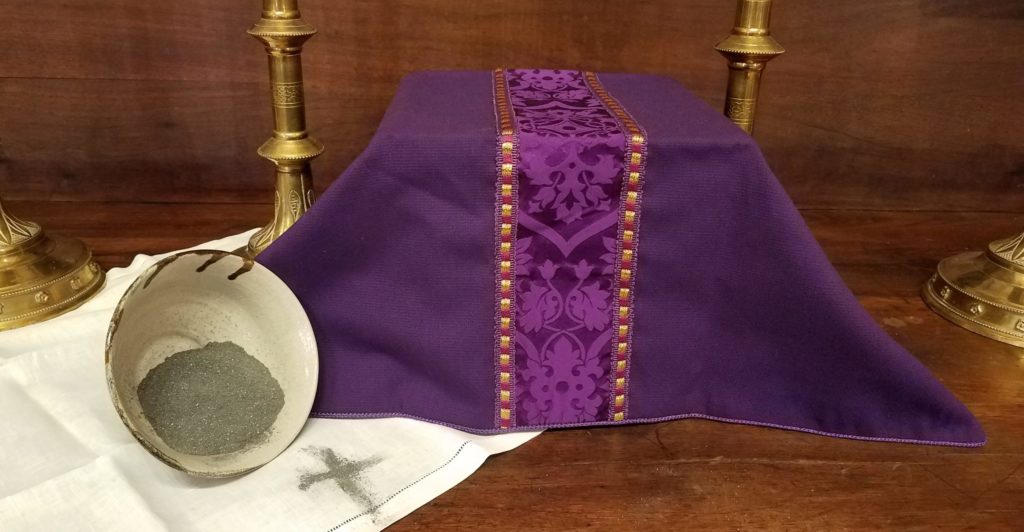One of the perceived obstacles to working with refugees and immigrants is language. “If we speak different languages, how will I ever connect?”
In Rwanda last year, I visited a refugee camp where the primary language was Kinyarwanda, a language I had never heard of, much less spoken. While we had an interpreter, they were helping to guide us through the tour leaving us without a common spoken language to interact with people we were meeting individually as we walked along.
Early in our visit one small girl took my hand, holding it ever so tightly. However, because I was using cameras, I occasionally had to drop her hand to take pictures.
The first time this happened she looked at me with something that seemed like deep despair. Responding to her, I put my hands together as if in prayer, looked at her and nodded in what was meant to communicate “It’s ok. I will be right back.”
As we moved through the camp, we repeated our pattern of holding hands and letting go, using this gesture as a way to reassure her I would stay connected.
When I went into a building to do some filming, I could see her through the window watching me. My place at that moment was with her. As I exited, she grabbed my hands and brought me over to her group of friends. She waved at them with both her arms, got them all into a line and then turned back to me, placing her hands gently together and meeting my eyes with a clear sense of pride.
She had taught her friends our one gesture – our language of connection.
We never said a word to each other – never even tried. But we found a way to communicate far more than words ever could.
I am grateful to the Spirit, who I believe inspired this gesture and infused it with a deep meaning that would cross language and cultural barriers.
And I am certain that ministry with refugees and immigrants – ministry with all people who we perceive as different than us – is built upon this kind of inspiration that God will be ‘with our mouth and teach us what to speak’ from the moment we accept God’s command to “Go.”


